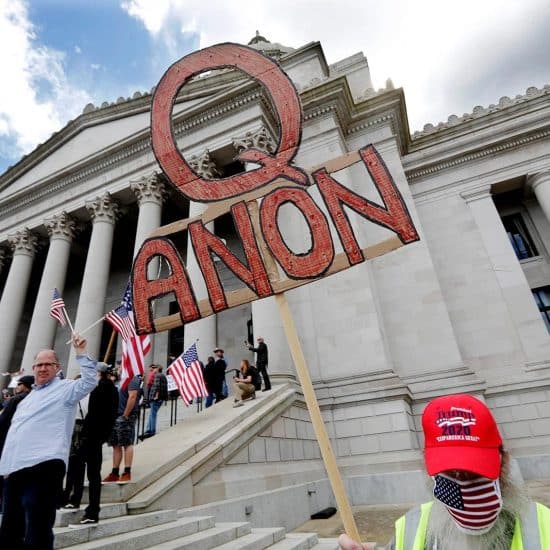Jefferson City — The Missouri Baptist Convention's conspiracy claims against Missouri Baptist University have been dismissed. The claims are likely to be dismissed against four additional defendants in a lawsuit that has stretched nearly four years.
In an order issued on June 12, Cole County Circuit Court Judge Thomas Brown dismissed conspiracy counts against MBU, agreeing with the university that the convention's third amended petition failed to include "facts upon which relief can be granted."
In addition, Judge Brown gave the convention 20 days in which to produce a fourth amendment to its legal action against The Baptist Home, the Missouri Baptist Foundation, Windermere Baptist Conference Center, Word&Way and MBU to clarify the MBC's breach of contract claims the lawsuit includes.
The judge heard arguments in the case on June 5.
In its lawsuit, the MBC claims the five institutions, through their chief executive officers, conspired with so-called moderate leaders, particularly former MBC executive director Jim Hill, to remove themselves from convention control.
Under Missouri law, the plaintiff in a civil conspiracy claim must show that two or more people with an unlawful objective met together to plan and then committed an act to further a conspiracy and damaged the plaintiff.
At the June 5 hearing, university attorneys showed that the only meetings the MBC pointed to as proof of a conspiracy were sessions Hill held to develop the then-executive director's strategic plan, New Directions.
The MBC did not prove that entity CEOs held any "meeting of the minds" or developed an agreement to commit an unlawful act. The convention also did not show how the CEOs could have influenced trustees of other boards.
The convention has contended that the five entities breached a contract with the MBC when each of the five changed its respective corporate charter to allow each institution to elect its own trustees.
MBU attorney Clyde Farris argued that the MBC has not identified which convention governing documents or portions of those documents constitute the contract that the university supposedly has breached.
To make a breach of contract claim under Missouri law, plaintiffs must prove a contract or agreement exists and must provide the terms of the agreement. Plaintiffs must show how they fulfilled the contract's terms and in what ways the defendants did not perform, and they must show how the defendants' failure caused damage.
Judge Brown ruled the MBC's latest amended legal action does not adequately identify a contract between the convention and the university or its terms. The updated petition must specify which provisions of the MBC's governing documents and the covenant relationship the institutions have breached.
"It appears…that they [MBC] has not yet articulated how they believe the agencies have breached a contract," Foundation attorney Laurence Tucker said by phone June 15. "It does look like they have a lot of dots, but have yet to connect them."
The order to rewrite the MBC's claims addresses the issue of fairness, Tucker added. "Normally you think of a contract as one piece of paper that spells out what each party is supposed to do," he said. "Until we get that spelled out, it [the breach of contract claim] is just not fair. It's too vague…. It's a fairness issue."
The June 5 ruling affects only the university.
Because the counts in the lawsuit differ somewhat for each agency, lawyers for the other four institutions have filed similar motions to dismiss the conspiracy charges and to ask for clarification of the breach of contract claims. Those motions likely will be heard at a hearing scheduled for Friday, June 23, at the Cole County Courthouse in Jefferson City. (06-15-06)





